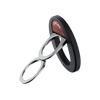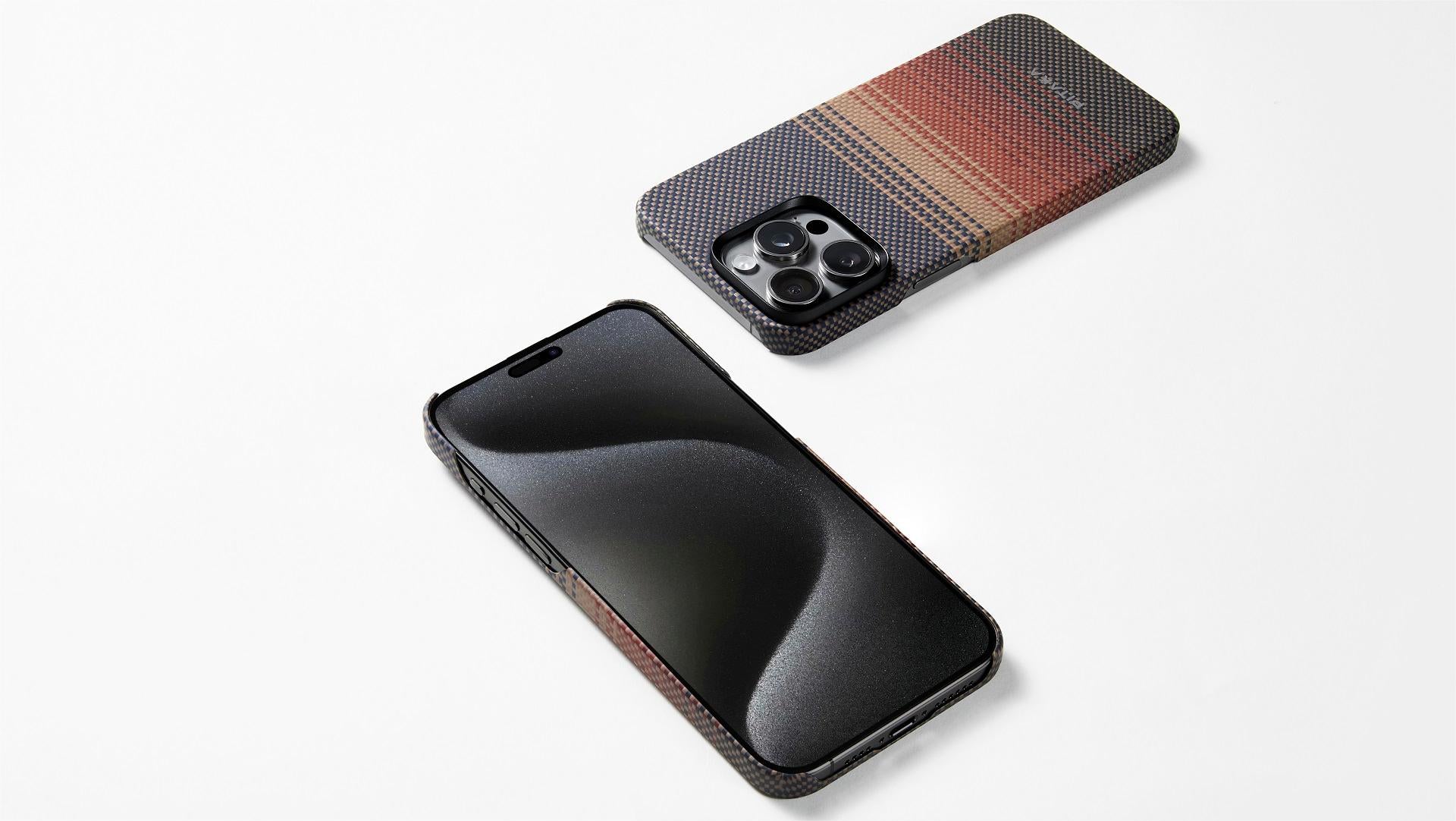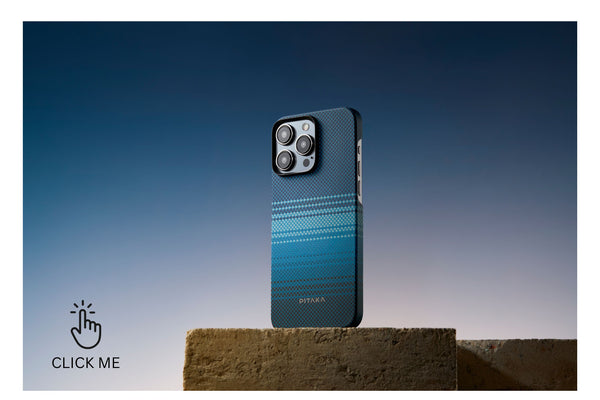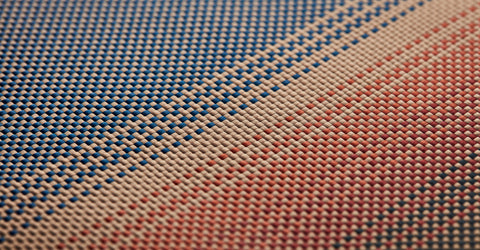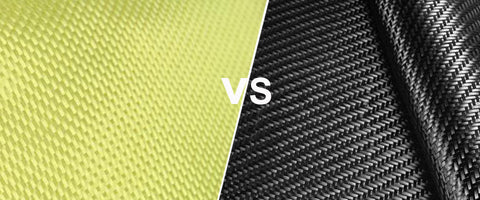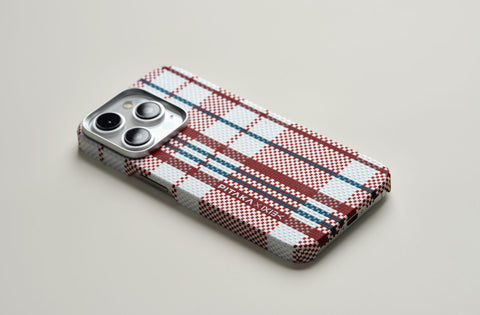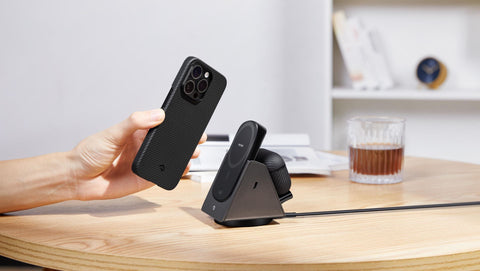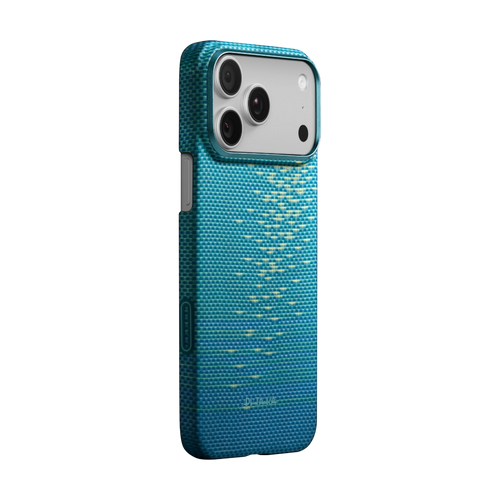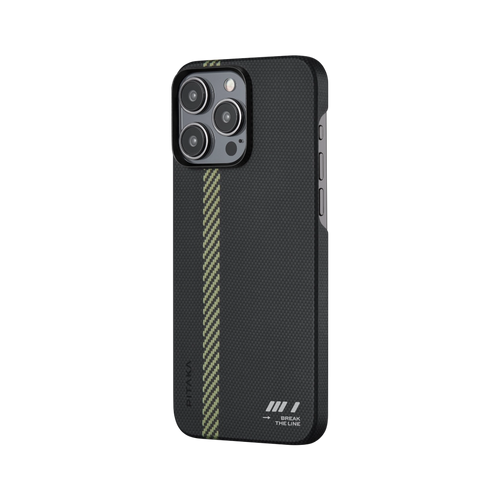Are you frustrated that your phone often gets hot and wondering if a case will make your phone heat up more easily?
Before we dive into the impact of cases on phone overheating, let's first understand how phones generate heat.
Understanding Phone Heat Generation
When you use your phone for extended periods or engage in demanding tasks such as gaming or using resource-intensive applications, heat is produced as a byproduct of the device's internal processes. The main contributors to phone heat generation include:
- Battery usage: As your phone's battery discharges, it generates heat. Heavy battery usage, like streaming videos or using GPS, can accelerate heat production.
- Processor activity: The processor or CPU is responsible for executing tasks on your phone. Intensive processing tasks, such as multitasking or running complex applications, can heat the processor.
- Wireless functions: Activities like using Wi-Fi, cellular data, or Bluetooth can lead to increased heat generation, particularly if you have weak network signals or are in a crowded network environment.
Can Phone Cases Trap Heat?
Phone cases are essential for protecting our valuable devices from everyday wear and tear. However, the materials and designs of phone cases can indeed play a role in hindering heat dissipation and contribute to overheating issues.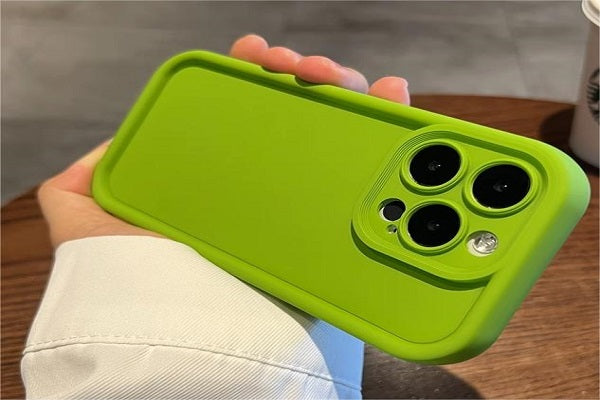
While some materials can help dissipate heat, others have the potential to trap it. Thick cases with poor ventilation or tightly sealed designs can impede the natural airflow around the phone, causing heat to build up. Similarly, metal cases can absorb and retain heat, potentially leading to higher temperature levels.
However, it is important to note that not all phone cases lead to significant heat retention. Slim and lightweight cases tend to allow better airflow and heat dissipation.
Impact of Trapped Heat on Phone Performance
Trapped heat can significantly impact your phone's performance, leading to various issues that affect its overall functionality. When your phone overheats due to heat being trapped by a phone case, it can result in decreased battery life, reduced processor speed, and potential damage to the internal components.
Battery Life
Excessive heat trapped by a phone case can cause the battery to drain faster than usual. Heat accelerates chemical reactions inside the battery, leading to increased energy loss and reduced overall capacity. This can result in shorter battery life, forcing you to charge your phone frequently.
Processor Speed
Heat is the natural byproduct of the processing power inside your phone. When trapped by a case, this heat builds up and can cause the processor to slow down as it tries to regulate its temperature. As a result, your phone may experience lagging, delayed response times, and overall sluggish performance.
Internal Component Damage
Prolonged exposure to trapped heat can lead to potential damage to the internal components of your phone. Heat can degrade the performance of sensors, camera modules, and other delicate electronics. Over time, this can cause malfunctions, hardware failure, and ultimately, a decrease in the overall lifespan of your device.
It's crucial to understand the negative effects of trapped heat on your phone's performance. With these impacts in mind, it becomes essential to take proactive measures to prevent overheating and ensure optimal phone performance.
What to Do with Overheating
If your phone is overheated, it's important to take immediate action to prevent further damage. Here's what you can do to address phone overheating:
1. Turn Off Unused Apps: Close any unnecessary apps running in the background to reduce the workload on your phone's processor.
2. Disable Power-Intensive Features: Limit the use of power-hungry functionalities such as GPS, Wi-Fi, and Bluetooth when not required.
3. Refrain from Overcharging: Avoid overcharging your phone, as it can generate excess heat. Disconnect the charger once your phone reaches full battery capacity.
Tips for Preventing Overheating with Phone Cases
Apart from the tips mentioned above, here are some strategies to maintain optimal phone temperature while using phone cases:
Avoid Thick Cases
Thick, heavily insulated cases may provide excellent protection, but they can also restrict heat dissipation. Opt for slimmer cases that strike a balance between protection and heat dispersion.
Speaking of slim cases, PITAKA's phone cases are the best worth mentioning. These cases are crafted from premium aramid fiber, a strong yet lightweight material that is widely used in aerospace and military. With excellent properties like scratch-resistant and chemical-resistant, PITAKA cases ensure your phone stays pristine in daily wear and tear. Additionally, the slim profiles of these cases not only maintain the sleekness of your phone but also help minimize the chance of overheating.
Keep Your Phone out of Direct Sunlight
Exposing your phone, even with a case, to direct sunlight can accelerate heat buildup. Avoid leaving your phone in direct sunlight for extended periods.
Take Breaks from Using a Case
If you notice your phone getting excessively hot, consider removing the case for a while to allow it to cool down. This can help avoid prolonged heat buildup.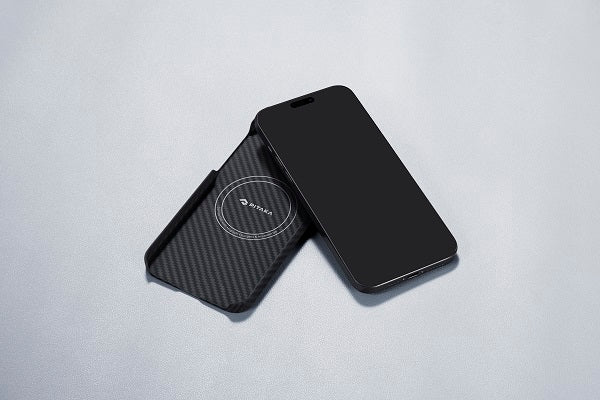
In addition to these tips, it's crucial to regularly monitor your phone's temperature and be vigilant for signs of overheating. If you experience recurring overheating issues despite following these precautions, consult a professional for further assistance.
Conclusion
Phone cases play a significant role in the overheating of your devices. While they provide protection and style, certain cases have the potential to trap heat, leading to increased temperatures and potential performance issues.
However, by implementing simple preventative measures, you can minimize the risk of overheating while still enjoying the benefits of phone cases. It is crucial to select cases that are not too thick and allow for proper ventilation.
FAQs
How do phones generate heat?
Phones generate heat as a byproduct of their normal functioning. The main sources of heat generation are the battery, processor, and display. Tasks that require extensive processing power or prolonged usage can result in higher heat output.
Can phone cases trap heat?
Yes, certain phone cases have the potential to trap heat. Cases made of materials that do not allow for efficient heat dissipation, such as thick plastics or rubber, can impede the phone's natural cooling process and lead to increased temperatures.
What are the effects of trapped heat on phone performance?
Excessive heat can negatively impact phone performance in several ways. It can shorten battery life, slow down the processor, cause screen dimming or freezing, and even lead to system malfunctions or crashes.
How can I prevent overheating with phone cases?
To prevent overheating with phone cases, consider:
- Avoid thick and bulky cases that may hinder airflow around the phone.
- Remove the case periodically to allow the phone to cool down, especially during intensive usage or charging.








